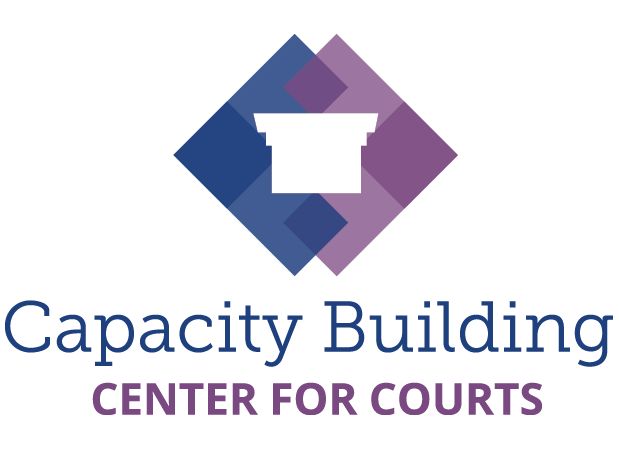Developed by the National Council of Juvenile and Family Court Judges – Capacity Building Center for Judges
Introduction
The Judicial, Court, and Attorney Measures of Performance (JCAMP) project developed this set of performance measures to help the field understand and improve child welfare court practices. The targeted audience includes individuals (e.g., judges, attorneys, court administrators) and organizations (e.g., Court Improvement Programs, attorney organizations) with an interest in improving child welfare court practices. Measures may be especially useful to those who make decisions about data collection and use for child welfare court and systems improvement. Most current child welfare measures focus on agency practice (e.g., the Child and Family Services Reviews [CFSR]13) or on outcome measures (e.g., the Court Performance Measures Toolkit [Toolkit]14). The JCAMP performance measures focus on—
- Court process measures: What happens in the court process, including before, during, and after court
- Professional practice measures: The activities judges and attorneys perform
- Family experience measures: How families experience and perceive the child welfare court system
how many hearings parents attend does not include a standard specifying the percentage of hearings parents should attend. Rather, the JCAMP performance measures identify questions to help guide understanding of the system and subsequent improvement efforts. Guidance on collecting the measures also accounts for variations in state and tribal resources and data collection capacity. The Implementation Guide (volume 2) and Implementation Toolbox (volume 3) provide guidance on assessing data capacity to collect measures and identify ways to gather the needed information.
How were the JCAMP performance measures developed?
The JCAMP Project is funded by the Children’s Bureau and is conducted by the Capacity Building Center for Courts (CBCC). The measures were developed by a team under the direction of Co-Project Leads Dr. Alicia Summers and Dr. Sophia Gatowski. A Prototype Development team comprising researchers, court administrators, attorneys, and parents with lived experience met weekly to discuss ideas, challenges, and structure. The measures were informed by—
- A comprehensive review of existing court measures, research, and best practices (see Measuring Child Welfare Court Performance: Review of Resources, 2022)
- Multiple rounds of structured feedback from the JCAMP Expert Advisor Pool and Children’s Bureau partners
Measurement development was an iterative process, evolving prototypes that included input from parents, children, and youth with lived experience at every stage of development from ideation to prototype development, implementation guidance, and development of data collection tools.
What do they measure?
The JCAMP performance measures are organized into five categories.
- Family engagement
- Due process
- High-quality legal representation
- Safety
- Permanency

